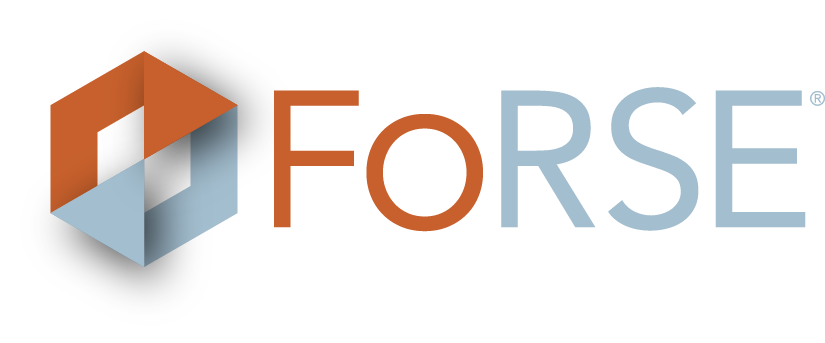Excellence in behavioral healthcare isn’t just a goal; it’s a necessity. Achieving accreditation from The Joint Commission is a major goal for treatment programs because it’s a gold standard for healthcare quality and patient safety. Joint Commission accreditation builds organizational credibility—the backbone of delivering personalized, outcome-driven care.
What Is the Joint Commission?
The Joint Commission is an independent, non-profit organization that accredits and certifies healthcare organizations meeting rigorous performance standards. Their mission centers on improving patient safety and care quality through detailed evaluations of healthcare practices, from infection control to emergency preparedness.
Achieving accreditation involves:
- On-site surveys by Joint Commission experts
- Rigorous evaluation of patient care processes
- Continuous performance improvement measures
Earning accreditation from the Joint Commission demonstrates an organization’s commitment to excellence in healthcare delivery and adherence to the highest safety standards. It serves as a mark of quality, inspiring trust and confidence among patients and stakeholders alike.
Frequently Asked Questions About the Joint Commission
What does Joint Commission accreditation signify?
Accreditation indicates a healthcare organization meets high standards in quality and patient safety, as assessed by The Joint Commission.
How long does Joint Commission accreditation last?
Accreditation typically lasts three years, with organizations undergoing periodic evaluations. Lab accreditation lasts two years.
What are the benefits of Joint Commission accreditation?
Benefits include improved patient care, organizational prestige, and competitive advantages in the healthcare marketplace.
How can AI support Joint Commission compliance?
AI tools like Mara in Sunwave’s platform streamline documentation, ensure accurate record-keeping, and support interdisciplinary coordination, aiding in compliance.
Challenges in Joint Commission Accreditation
The journey to Joint Commission accreditation and creating effective care plans is not without hurdles:
1. Complex Standards
The Joint Commission’s benchmarks span multiple areas, including:
- Medication management
- Patient safety
- Infection control
- Documentation practices
2. Resource Intensity
Accreditation demands:
- Extensive staff training
- Regular audits
- Policy and procedure updates
For smaller facilities, meeting these requirements can be particularly taxing.
3. Interdisciplinary Coordination
Care plans require input from doctors, nurses, therapists, and social workers. Ensuring alignment across teams, especially in high-pressure environments, is a significant challenge.
4. Data Management
Accurate and thorough documentation is essential. Managing detailed records demands efficient systems and meticulous attention.
5. Continuous Improvement
The Joint Commission emphasizes ongoing quality enhancement, necessitating a culture of adaptability and vigilance.
By addressing these challenges with strategic planning, supportive technology, and collaborative efforts, healthcare providers can enhance patient outcomes and maintain high standards of care. Adopting innovative solutions and fostering teamwork remain critical to overcoming these complexities effectively.
How Technology Can Help Address These Challenges
Innovation drives solutions for behavioral health providers. Our AI agent, Mara, has transformed documentation processes, generating over 160,000 session notes since its launch. Mara is now poised to revolutionize care planning by:
- Synthesizing interdisciplinary notes into unified treatment plans
- Enhancing accuracy and consistency
- Reducing administrative burdens on providers
By automating complex documentation tasks, Mara allows providers to focus more on delivering high-quality care rather than being weighed down by administrative duties. This not only improves efficiency within care teams but also ensures that critical patient information is accurate, accessible, and seamlessly integrated into care workflows. Such advancements contribute to better patient outcomes and a more streamlined operational environment.
Additional Strategies for Success
Leadership Commitment
Strong leadership creates a culture centered on quality and safety, ensuring the necessary resources are dedicated to meeting accreditation standards.
Staff Training
Continuous education empowers team members with a clear understanding of their roles in achieving and sustaining compliance.
Effective Communication
Robust communication tools and regular interdisciplinary meetings streamline care coordination and improve collaboration.
Regular Audits
Routine internal reviews identify gaps and ensure consistent readiness for accreditation evaluations.
By focusing on staff training, effective communication, and regular audits, organizations can create a proactive culture of compliance that ensures high standards of care and continuous improvement. Commitment to these strategies fosters long-term success in maintaining accreditation.
Could Sunwave Health Help Your Treatment Center?
Achieving accreditation and implementing comprehensive care plans elevate patient care and organizational standards. For patients, this ensures treatment in an environment committed to excellence. For providers, it signifies leadership in a quality-conscious industry.
At Sunwave, we’re committed to empowering behavioral health organizations with tools like Mara to navigate the challenges of accreditation and care planning. Together, we’re shaping a future defined by innovation, quality, and unwavering dedication to patient care. Call 561.576.6037 or connect with us online to request a demo or additional information.



